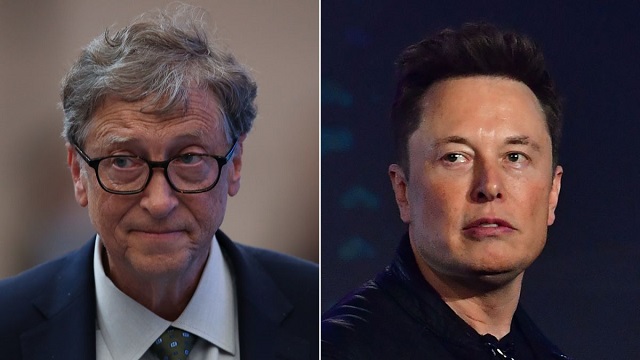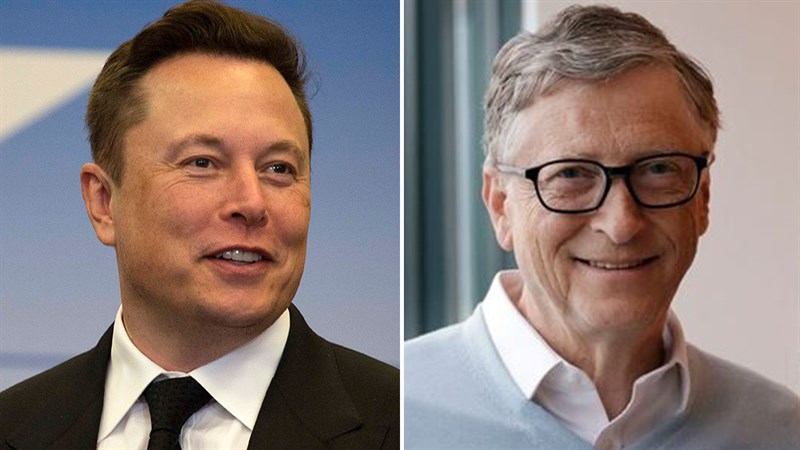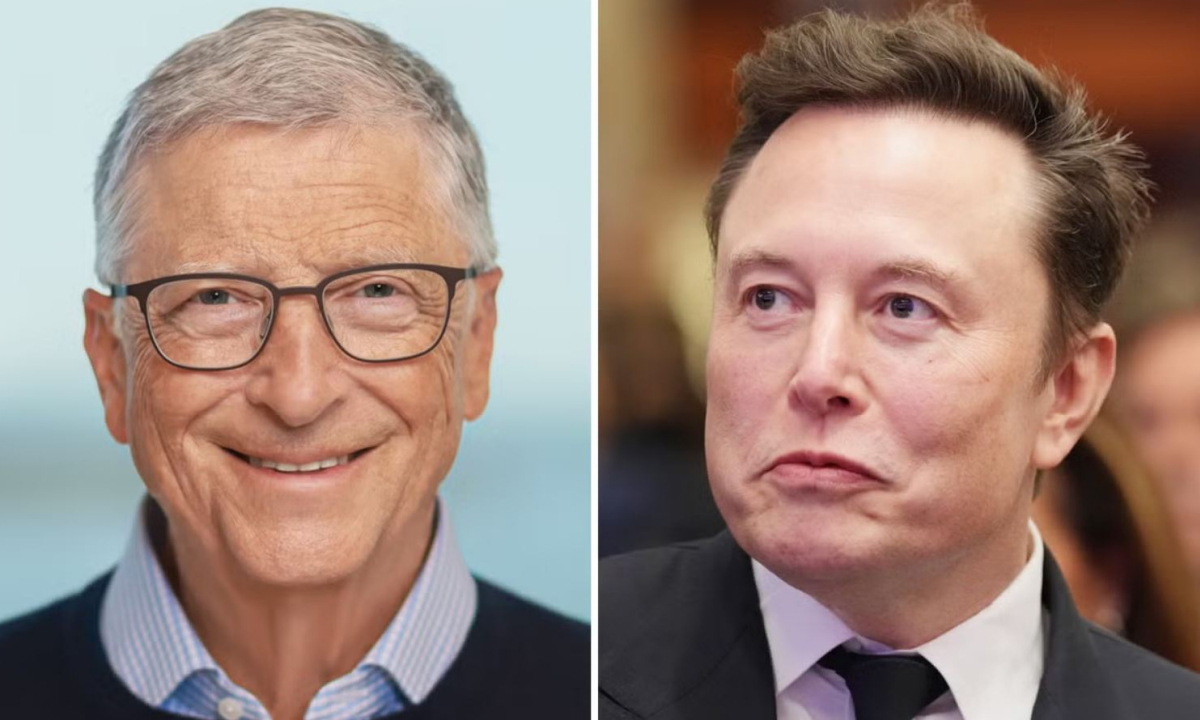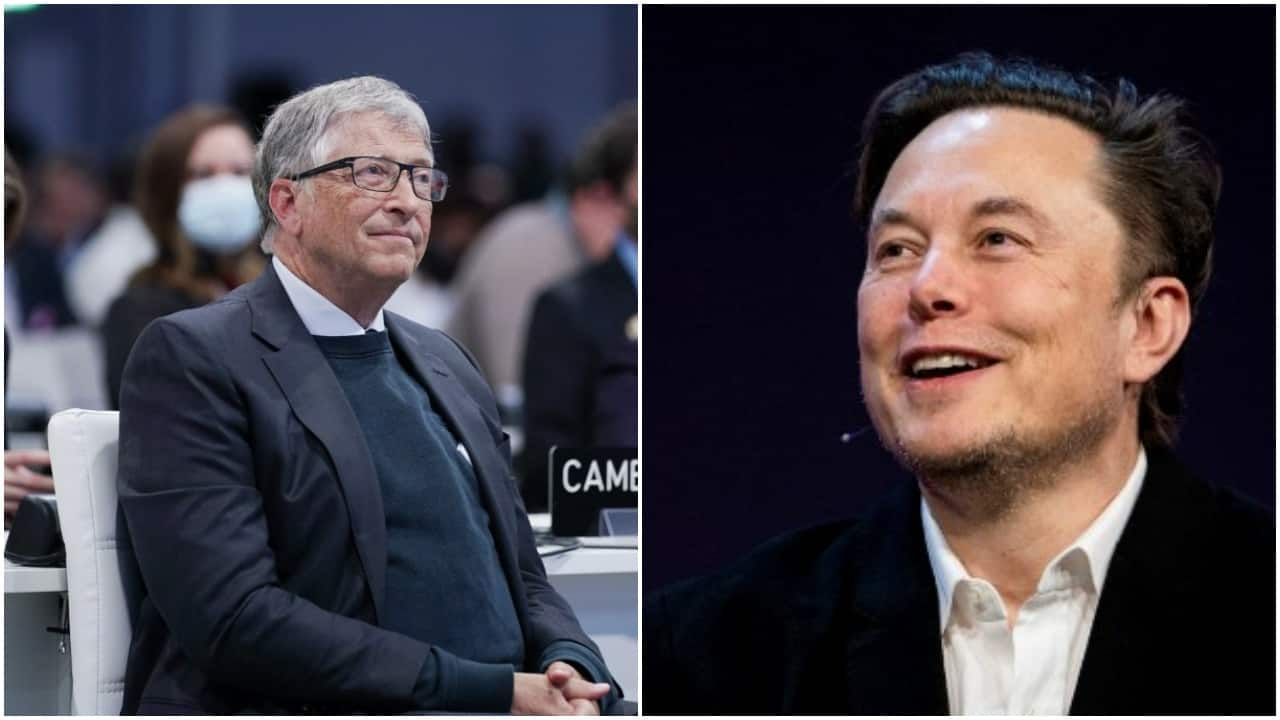Over the past few years, Elon Musk has been central to a series of seismic shifts in tech, media, and public discourse. From his stewardship of X (formerly Twitter) to a full‑blown legal battle with the organisation he helped found, OpenAI, his public persona and business strategy are in flux. Add to that his high‑profile clash with Bill Gates, and his latest initiative—Grokipedia—announcing a new frontier for knowledge, and you have a multilayered story about influence, ambition and what comes next. In this investigative piece we untangle four major threads: X’s evolution over 3 years, the OpenAI lawsuit, Musk’s relationship (and feud) with Gates, the launch of Grokipedia, and what it all signals for the future.

Three Years of X: Reinvention, Risk & Reach
Musk’s takeover of Twitter in 2022 has morphed into his ongoing stewardship of X. A few key developments:
In March 2025, Musk announced that his AI startup xAI would acquire X in an all‑stock deal valued at about$33 billion for X and about $80 billion for xAI.

X’s transformation has come with operational and cultural risks: staffing cutbacks, user‑experience changes, new monetisation models, and attempts to integrate Musk’s AI & data ambitions into the platform.
From a strategic viewpoint, X isn’t just a social‑media platform for Musk—it is a data source, a distribution network, a feedback loop for AI, and a stage for his public persona and influence.
Risks & questions:
By tying X closely with xAI, Musk is betting big on combining social‑media scale with frontier‑AI ambition. But this elevates regulatory, ethical and technical risk: data privacy, content moderation, AI‑bias, and amplification of fringe views.

The broad ambition (“blend the data, models, compute, distribution and talent”) signals that X will function not simply as a platform but as a component in a larger AI ecosystem.
The “three‑year” frame is apt: what began as Twitter takeover → rebrand → integration with Musk’s AI businesses is now entering its high‑stakes phase.
Takeaway: X isn’t just surviving its transformation—it is being repurposed. But the integration of social‑media and AI in one empire raises questions about the future of public discourse, algorithmic control and gate‑keeping.
The OpenAI Lawsuit: Co‑Founder vs Company
Musk co‑founded OpenAI in 2015 with an explicit mission: develop artificial general intelligence (AGI) for the benefit of humanity. He left its board in 2018. Since then, Musk’s relations with OpenAI have become adversarial:
In March 2024, Musk filed a lawsuit against OpenAI, CEO Sam Altman and co‑founder Greg Brockman, alleging they breached a “Founding Agreement” and shifted OpenAI away from its nonprofit mission toward profit‑driven models.

OpenAI fired back, calling Musk’s lawsuit “frivolous” and “incoherent”, suggesting his motivations were competitive rather than purely altruistic.
The lawsuit expanded in November 2024 to include antitrust claims and named Microsoft as a defendant.
A judge ruled in 2025 that at least parts of the dispute will go to trial in Spring 2026.
What’s at stake:
Governance of AI: Musk argues that the nonprofit roots of OpenAI were broken, that profits and commercial interests compromised its safety mandate.
Corporate structure & mission‑drift: The lawsuit challenges how organisations restructure, raise capital, and balance mission vs market.
Competitive landscape: Musk is now running a rival, xAI, meaning the dispute is not only existential/ethical but also turf‑and‑talent fight.
Critical questions:
Did Musk have legal standing? The “Founding Agreement” he alleges may not have been formalised in the way the suit claims.
Is the dispute truly about mission, or is it about Musk’s influence and control within the AI ecosystem? Some observers suggest the latter.
How will the trial shape the business‑model frontier for AI? If Musk succeeds, nonprofits may find their commercial wings limited; if OpenAI prevails, commercial‑AI wings gain legitimacy.
Takeaway: The OpenAI battle isn’t just a lawsuit—it’s a proxy war over the future architecture of AI governance and business. Musk positioning himself as the “outsider” challenging the successful institution he helped launch sets a dramatic stage.
Musk and Bill Gates: From Admiration to Public Feud
The interactions between Musk and Bill Gates have evolved from mutual respect to a full‑blown public spat:
Gates has publicly criticised Musk’s focus: in 2023 he said Musk’s Mars ambitions were a poor use of money when, in his view, vaccines would save more lives per dollar.

In 2025, Gates accused Musk of “killing the world’s poorest children” by slashing funding to the United States Agency for International Development (USAID) via Musk’s so‑called “Department of Government Efficiency (DOGE)”.
Musk responded with mockery: posting memes targeting Gates, dismissing his claims as unsubstantiated.
Gates reportedly said Musk’s understanding of AI was “limited”.
What this tells us:
Both men represent different visions of technology and philanthropy: Gates emphasises traditional philanthropy and global health, Musk emphasises moonshots, infrastructure, and disruptive tech.
The feud hints at deeper philosophical differences: role of billionaires in society, responsibilities of tech leaders, and what boldness means in the 21st century.
The personal animosity shows how public branding and media strategy matter for the ultra‑rich: every jab, tweet and post becomes part of a wider narrative.
Takeaway: The Musk‑Gates rivalry is emblematic of a broader tension: between mission‑driven philanthropy and disruptive‑entrepreneurial ambition. It also emphasises how public‑figure tech leaders now perform in global moral dramas, not just boardrooms.

Grokipedia: Musk’s New Frontier in Knowledge
In October 2025, Musk’s xAI launched Grokipedia—an AI‑generated online encyclopedia, purporting to rival Wikipedia.
Highlights:

Grokipedia launched with ~885,000 articles, compared with Wikipedia’s several million.
Musk pitched it as a “truth‑seeking” alternative to Wikipedia, less biased, more AI‑driven.
Early academic analysis found Grokipedia articles had strong semantic alignment with Wikipedia but fewer references, more narrative tone, and potential ideological skew.

Why it matters:
Knowledge ecosystems matter. If Musk builds a parallel infrastructure for information (via Grokipedia + X + Grok), he is positioning himself not just as a tech mogul but as an arbiter of truth, content flow and influence.
The experiment raises editorial, epistemic and ethical questions: Who controls the “facts”? How are citations verified? How is bias mitigated?
It underscores Musk’s ambition beyond rockets or electric cars—into culture, institutions, and public infrastructure of the 21st century.
Takeaway: Grokipedia may look niche today, but it points to Musk’s long‑game: build not only technology but the platforms that mediate knowledge and trust. If one company ties social‑media, AI, and encyclopedia in one network, the implications are vast.

The Future of Everything: What It All Foreshadows
Putting it all together, we can identify several themes of what Musk is shaping—and what it might mean for the world:
Platform convergence: X + xAI + Grokipedia represent a convergence of social media, AI modelling, and knowledge dissemination. Musk seeks to own the stack from information capture to AI response to knowledge presentation.
Mission vs market: The OpenAI lawsuit illustrates a key tension—nonprofit mission vs commercial viability. How this plays out will shape how AI firms are governed, funded and aligned with public interest.

Influence & governance: Musk’s public feuds (with Gates, regulators, critics) show that tech leaders now play in geopolitics, public policy, and moral narratives. His decisions around USAID and public‑aid cuts signal that billionaire tech influence extends beyond gadgets.
Knowledge infrastructure: Grokipedia hints at a potential rewrite—not just of how knowledge is indexed, but how it’s generated, curated and consumed. If AI‑platforms become primary sources of knowledge, who ensures truth?
Risk & accountability: With great ambition come large risks—ethics of AI, moderation of platforms, global aid implications, market concentration, pluralism of knowledge. Musk’s approach may bring innovations but also systemic vulnerabilities.
Final Thoughts
Elon Musk’s trajectory over the past few years is not simply a story of more rockets or faster cars. It is a story of expansion into domains traditionally reserved for governments, nonprofits, knowledge institutions and media platforms. The boldness is undeniable. But so are the questions: Will this concentration of platform, AI, knowledge and influence be beneficial or destabilising? Will Musk’s vision create new infrastructures of freedom—or new architectures of control?
For observers, the four interlinked domains covered here—X’s transformation, the OpenAI lawsuit, the Musk‑Gates rivalry, and Grokipedia—serve as signposts. They tell us not only what Musk is doing, but also reflect larger debates: What is the role of billionaires in public life? What is the architecture of truth in the age of AI? How do we balance mission‑driven ideals with market imperatives? And who governs the governors?